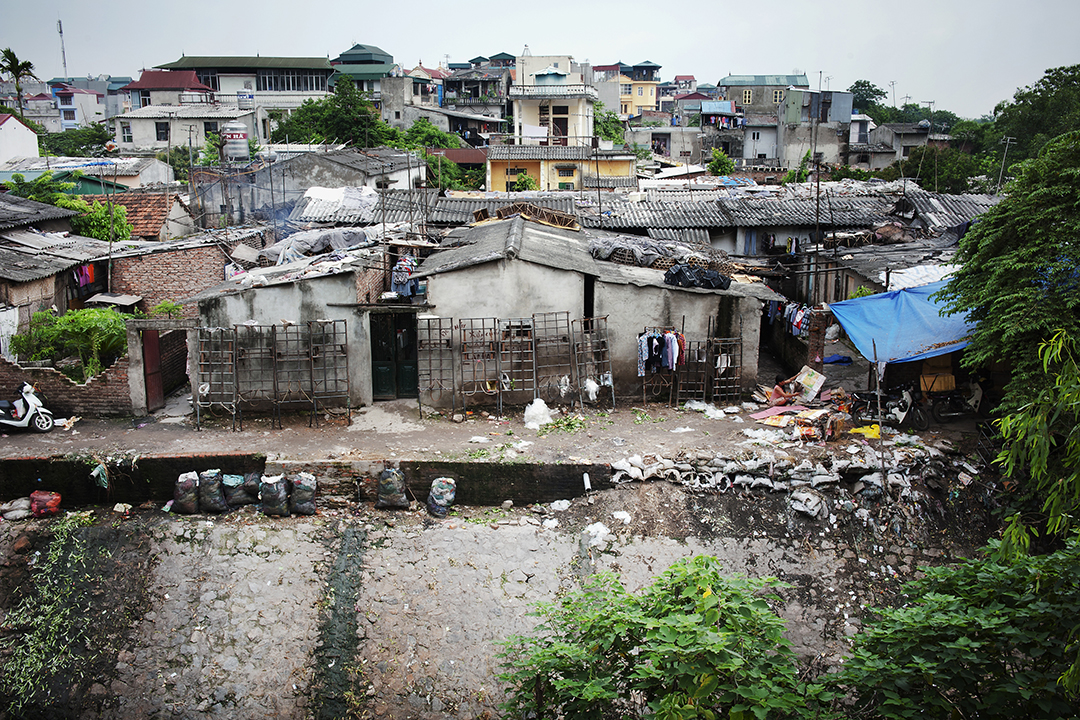
21 June, 2011 - Hanoi, Vietnam - Urban slum in Hanoi: Almost half the world — over three billion people — live on less than $3.00 a day. Photo Credit: Kibae Park/UN Photo

Poverty is a complex issue with far-reaching consequences for individuals, communities, and entire nations. Here’s a breakdown of why it’s such a significant challenge:
Individual Impact:
- Limited Opportunities: Poverty restricts access to education, healthcare, and other essential services, limiting individuals’ potential and hindering their ability to improve their lives.
- Poor Health: Malnutrition, inadequate sanitation, and lack of medical care are common in poverty-stricken areas, leading to higher rates of illness and shorter lifespans.
- Social Exclusion: Poverty can lead to social isolation and discrimination, further exacerbating challenges and hindering social integration.
Community Impact: - Underdeveloped Infrastructure: Poverty-stricken communities often lack basic infrastructure like roads, clean water, and sanitation, hindering economic development and quality of life.
- Crime and Violence: Poverty can create conditions that foster crime, violence, and social unrest, undermining community safety and stability.
- Brain Drain: Talented individuals may migrate to wealthier areas, leaving behind a shortage of skilled workers and further hindering development.
National Impact: - Economic Stagnation: Poverty limits economic growth by reducing consumer spending, hindering investment, and reducing productivity.
- Political Instability: Poverty can lead to social unrest, political instability, and even conflict, undermining governance and hindering development efforts.
- Global Inequality: Poverty contributes to global inequality, impacting trade, migration, and international relations.
Addressing Poverty:
Tackling poverty requires a multi-faceted approach involving: - Economic Growth: Creating jobs, promoting entrepreneurship, and investing in infrastructure are crucial for economic development and poverty reduction.
- Social Safety Nets: Providing social protection programs like unemployment benefits, pensions, and healthcare can help alleviate poverty and reduce vulnerability.
- Education and Skills Development: Investing in education and training can equip individuals with the skills needed to secure better jobs and improve their livelihoods.
- Inclusive Governance: Ensuring equitable access to resources and opportunities, and promoting transparency and accountability in governance, is essential for sustainable poverty reduction.
- International Cooperation: Addressing global challenges like climate change, inequality, and conflict requires international cooperation and coordinated efforts.
By understanding the multifaceted nature of poverty and implementing comprehensive strategies, countries can work towards creating a more equitable and prosperous future for all.




